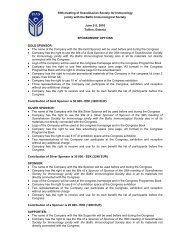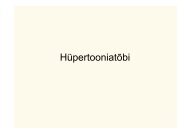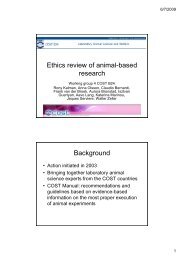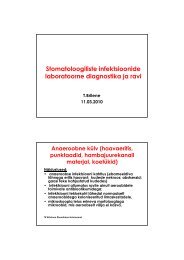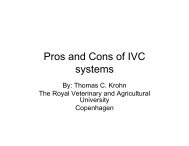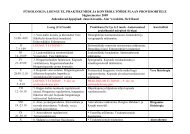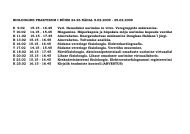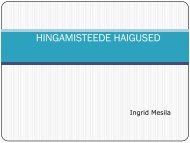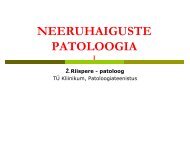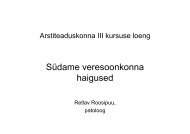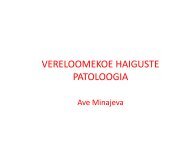ANATOMY 1 Name of the Department: Department ... - Biomeedikum
ANATOMY 1 Name of the Department: Department ... - Biomeedikum
ANATOMY 1 Name of the Department: Department ... - Biomeedikum
You also want an ePaper? Increase the reach of your titles
YUMPU automatically turns print PDFs into web optimized ePapers that Google loves.
IMMUNOLOGY<br />
<strong>Name</strong> <strong>of</strong> <strong>the</strong> <strong>Department</strong>: <strong>Department</strong> <strong>of</strong> General and Molecular Pathology<br />
Head <strong>of</strong> <strong>the</strong> <strong>Department</strong>: Pr<strong>of</strong>essor Aavo-Valdur Mikelsaar<br />
<strong>Name</strong> <strong>of</strong> <strong>the</strong> Chair: Immunology<br />
Head <strong>of</strong> <strong>the</strong> Chair: Pr<strong>of</strong>essor Raivo Uibo<br />
Subject codes: ARMP.02.011; ARMP.02.016; ARMP.02.004;<br />
ARMP.02.005; ARMP.02.012; ARMP.02.013;<br />
ARMP.02.015<br />
I. CONTENT OF THE TEACHING<br />
1. Describe shortly <strong>the</strong> main study and student evaluation methods applied at<br />
<strong>the</strong> department.<br />
Teaching <strong>of</strong> basic and medical aspects <strong>of</strong> immunology is performed by lectures<br />
and seminars, but a lot <strong>of</strong> individual work is expected from students´<br />
side. Lectures are preceding subsequent seminars (at least a week). Permission<br />
to participate in seminars is achieved by successful performance <strong>of</strong> written<br />
control work concerning basic aspects <strong>of</strong> immunology (general terminology,<br />
cells and molecules <strong>of</strong> <strong>the</strong> immune system etc.). Most <strong>of</strong> <strong>the</strong> seminars are<br />
problem-based (autoimmunity, infection etc.). The last seminar (as an immunologic<br />
disease case seminar) is fully prepared and presented by students.<br />
Student participation in lectures is on voluntary basis, but <strong>the</strong> participation in<br />
seminars is obligatory. To get through in <strong>the</strong> course <strong>of</strong> immunology students<br />
must successfully perform written exam, which includes 1) questions with<br />
choice answers, 2) assay on a problem in basic immunology, and 3) assay on<br />
a problem related to an immune mediated disease. The elective studies dedicated<br />
for students interested in research include introductory lectures, seminars<br />
with tutors and individual work on a specific clinical immunology problem<br />
in <strong>the</strong> immunology research laboratory.<br />
2. How have <strong>the</strong> aims and objectives described in <strong>the</strong> curriculum changed<br />
during <strong>the</strong> past five years?<br />
The aims and objectives <strong>of</strong> immunology teaching were thoroughly redefined<br />
three years ago: 1) <strong>the</strong> number <strong>of</strong> lectures has been reduced which permits to<br />
shorten <strong>the</strong> course to 16 weeks; 2) elective studies were added to <strong>the</strong> basic<br />
course to involve students interested in immunology related research. During<br />
last two years (after moving into Biomedicum building) possibilities to use<br />
computers, multimedia as well as laboratory demonstrations during <strong>the</strong> course<br />
have been grown.<br />
3. Describe <strong>the</strong> strengths and weaknesses <strong>of</strong> <strong>the</strong> teaching in your department.<br />
Strengths<br />
• Use <strong>of</strong> teachers with good scientific background and everyday contact with<br />
clinical or laboratory problems <strong>of</strong> immunology (including personnel from <strong>the</strong><br />
193



